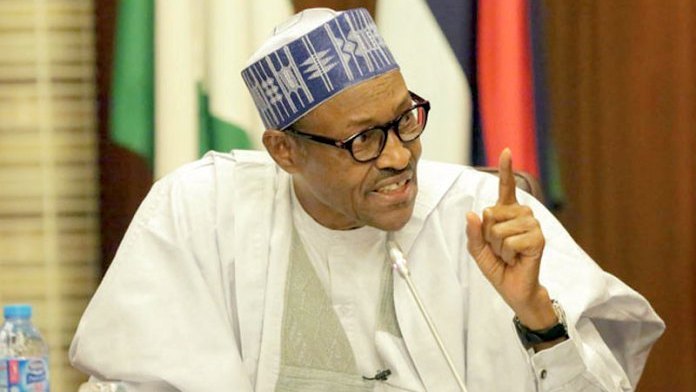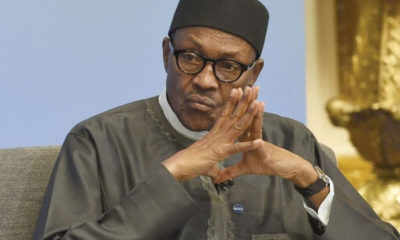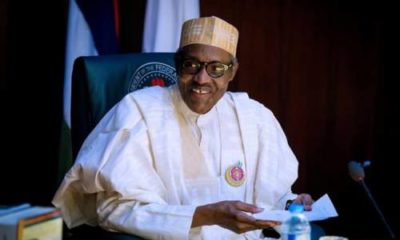News
Minimum Wage: Delay Caused By Disagreement – Presidency

The Federal Government have reteirate that lack of an agreement on the National Minimum Wage has stalled the presentation of a bill to the National Assembly by President Muhammadu Buhari.
Findings showed that up to Friday, there was still no agreement on the proposed N30,000, a development further delaying the presentation of a bill to the legislature by the President.
“There is still no agreement. There has to be an understanding between all the parties before the bill can go successfully to the National Assembly.
“This is one of the setbacks as we speak. But, when things are sorted out, definitely, the bill will go to the National Assembly and the passage should be smooth,” a presidential source told one of our correspondents in Abuja.
Recall that on November 19, the President and representatives of state governors had met in Abuja in a bid to resolve the dispute.
It was gathered that the closed-door meeting, which took place at the Presidential Villa, made little progress as the majority of the governors reportedly insisted that they could not afford to pay anything above N22,500.
The Chairman of the Nigerian Governors’ Forum and Governor of Zamfara State, Mr Abdulazeez Yari, led a team of governors to the meeting to speak for the governors.
At the meeting, the governors were said to have stated that the options were for them to either reduce their workforce or the Federal Government would have to review the revenue sharing formula to make more money available to the states.
Organised labour has since opposed any move to reduce the number of workers and has maintained that workers would not accept any amount below N30,000.
The source further informed The PUNCH that in the light of the disagreement, a hasty presentation of a bill would not resolve the dispute until all the parties reached “a certain level of understanding first.”
The official explained, “You know that in the matter of a National Minimum Wage, there are lots of procedures it has to go through.
“For instance, it has to go through some institutions like the Salaries and Wages Commission; National Council of State or National Economic Council; then there are constitutional provisions to be met.
“Again, since the minimum wage is for the states to pay, there has to be an agreement with the states. It is only when there is an agreement with the states that the President can make a proposal to the National Assembly.”
He added, “At the stage we are, the question really is not whether the President is ready with the bill, the question is, has there been an agreement?”
When newsmen sought the comments of the Senior Special Assistant to the President on National Assembly Matters (Senate), Senator Ita Enang, on the matter, he merely said at any time the bill was ready, the President would submit it to the National Assembly.
“When the bill comes, it will be read on the floor. That is what I know,” he replied.
When asked whether he was aware when it would be ready or there was a particular figure the President and the governors had agreed on, Enang responded, “I am not disposed to speak on a matter that I have not seen.”




























